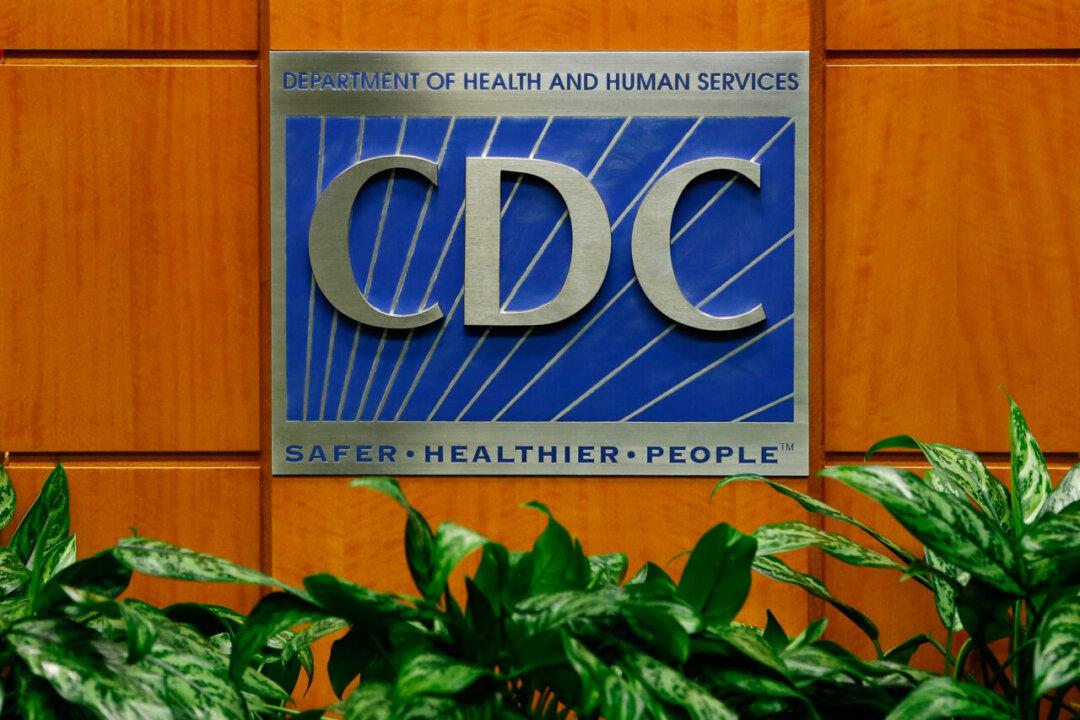Americans should be warned about the potential side effects of a COVID-19 vaccine amid concern that people who feel unwell after the first round might be less willing to seek the second dose, a panel of advisers to the Centers for Disease Control and Prevention (CDC) said on Nov. 23.
“As a practicing physician, I have got to be sure my patients will come back for the second dose. We really have got to make patients aware that this is not going to be a walk in the park,” Sandra Adamson Fryhofer, a doctor representing the American Medical Association, told the Advisory Committee on Immunization Practices (ACIP) in a meeting on Nov. 23, according to The Hill.





